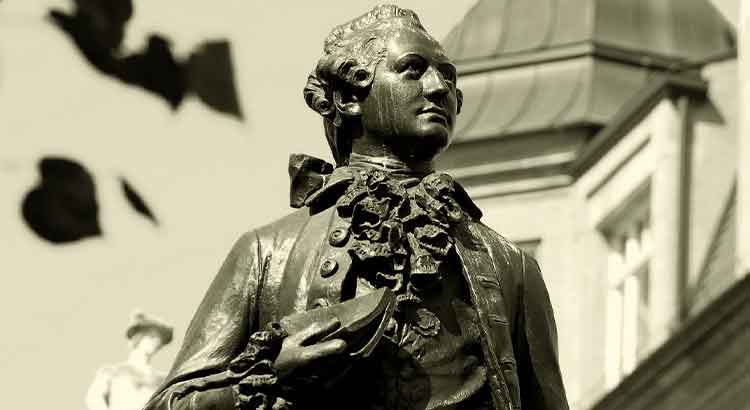Goethe, in the Conversations, regrets having allowed himself to be seduced by the design of the “great work”. He says he knows how much it has harmed him, and regrets that he has allowed himself to block his mind for its valiant spontaneous manifestations which, although they demanded attention, had to be discarded for the sake of the greater goal. Understandable… it is not hard to admit that something is lost due to this need for concentration of effort that is imperative for the creation of a “major work”, as Goethe says. But perhaps it is a fair price, as perhaps it is risky to bet all one’s chips on a fragmentary, occasionally inspired work. Much of Goethe derives from Faust, and if he lost something by creating it, well, he gained it after all! It is very difficult to fully adhere to the recommendation to avoid the “great works” when we see that the best of the great authors have come from them. If, on the one hand, it is very justly observed that they are dangerous, and that perhaps they are not indicated for the majority of artists, on the other hand, in some cases it seems extremely beneficial to channel efforts toward a single purpose.
The Design of the “Great Work”
